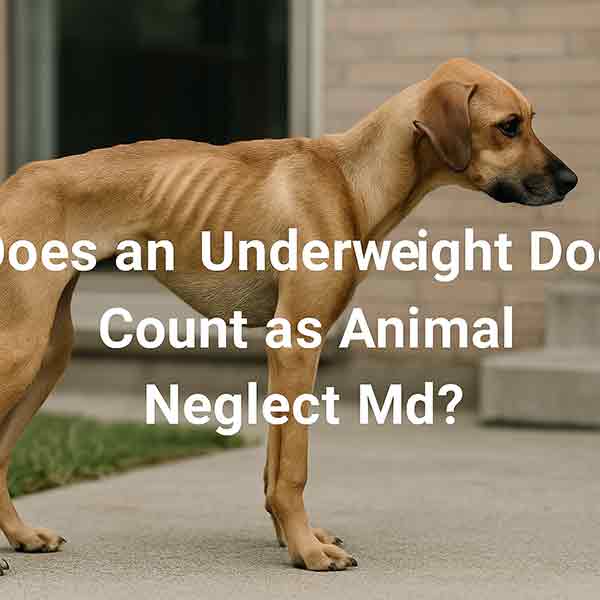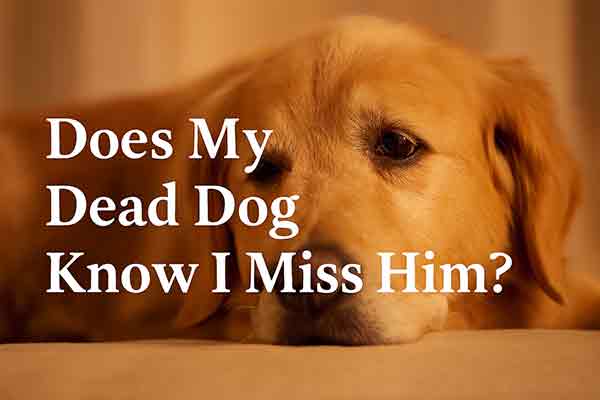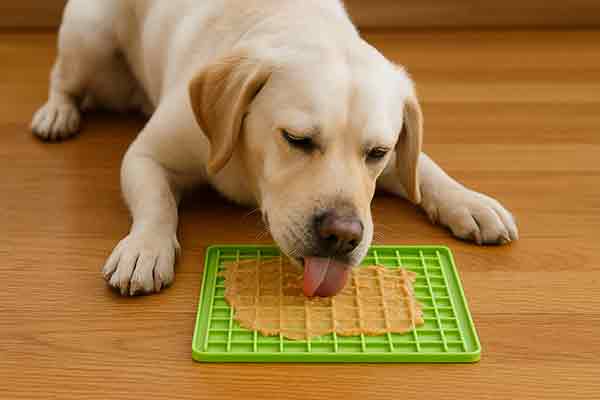Does an Underweight Dog Count as Animal Neglect in MD?
Table of Contents
- Introduction
- What Is Considered Animal Neglect in Maryland?
- Underweight Dogs and Maryland Law
- Common Causes of Underweight Conditions in Dogs
- How to Recognize an Underweight Dog
- Legal Consequences of Animal Neglect in MD
- When Is an Underweight Dog Not Considered Neglect?
- How to Report Suspected Animal Neglect in Maryland
- Supporting Pet Owners and Preventing Neglect
- Conclusion
Introduction
Seeing a dog that appears extremely thin can raise alarms, especially for animal lovers. But does an underweight dog count as animal neglect in Maryland (MD)? The answer isn’t always black and white. While being underweight may be a symptom of neglect, there are legal definitions and contexts to consider. In this guide, we’ll explore how Maryland law defines animal neglect, when an underweight dog may qualify, and what you can do to help.
What Is Considered Animal Neglect in Maryland?
According to Maryland’s animal welfare laws, animal neglect generally involves the failure to provide adequate care. Under Maryland Code, Criminal Law § 10-604, pet owners are legally required to provide:
- Nutritious food and clean water
- Shelter from weather and hazards
- Necessary veterinary care
- Protection from abuse or cruel conditions
Failure to meet these basic needs may result in misdemeanor or felony charges, depending on the severity of the neglect or cruelty.
Underweight Dogs and Maryland Law
An underweight dog may be considered neglected if its condition is the result of inadequate feeding, untreated medical issues, or an unfit living environment. However, the law distinguishes between a dog with a naturally lean physique or diagnosed illness and a dog suffering due to owner negligence.
Animal control or law enforcement typically assess several factors before determining neglect:
- Visible bones or extreme thinness
- Lack of access to food or water
- Living conditions and hygiene
- Medical conditions and treatment history
- Behavioral signs of distress or lethargy
Common Causes of Underweight Conditions in Dogs
Not every thin dog is neglected. Several medical and behavioral reasons can explain weight loss:
- Parasites: Worm infestations can cause malnutrition
- Chronic illness: Conditions like diabetes, kidney disease, or cancer can lead to weight loss
- Poor dental health: Makes eating painful or difficult
- Stress or anxiety: Dogs in distress may lose their appetite
- Poor-quality food: May not meet a dog’s nutritional needs
- Feeding issues: Multiple pets or poor feeding schedules may result in one dog missing meals
How to Recognize an Underweight Dog
Veterinarians use a Body Condition Score (BCS) to evaluate a dog’s weight. This ranges from 1 (emaciated) to 9 (obese), with a healthy dog falling between 4 and 6. A dog may be underweight if you observe:
- Prominent ribs, spine, and hip bones
- Visible loss of muscle mass
- Depressed demeanor or weakness
- Loose skin or dull coat
If you’re unsure, a veterinarian can assess the dog’s health and determine if its weight is appropriate.
Legal Consequences of Animal Neglect in MD
If a dog is found to be underweight due to neglect, Maryland law provides for serious consequences:
- First-time offenses: Misdemeanor, up to 90 days in jail and/or fines
- Repeat offenses or cruelty: Felony charges, jail time, and higher fines
- Animal seizure: Dogs may be removed from the home and placed in protective custody
- Permanent removal or rehoming: Especially in cases of repeated or severe abuse
When Is an Underweight Dog Not Considered Neglect?
An underweight dog may not be considered neglected if:
- The owner is actively seeking veterinary care
- There is a documented medical condition
- The dog is improving under treatment
- The owner is cooperating with authorities or shelters
In such cases, authorities may offer guidance rather than pursue legal action, especially if the owner demonstrates a willingness to resolve the issue.
How to Report Suspected Animal Neglect in Maryland
If you believe a dog is being neglected or starved, here’s what to do:
- Document observations: Note dates, times, and conditions (photos help)
- Call local animal control: Every Maryland county has an agency to handle complaints
- Submit a report online or via phone: Anonymous tips are usually accepted
- Follow up: In some cases, you can inquire about the status of your report
Supporting Pet Owners and Preventing Neglect
Sometimes neglect is unintentional, especially in cases involving elderly, financially struggling, or uninformed pet owners. Prevention includes:
- Promoting access to low-cost vet care and pet food banks
- Offering education on proper pet nutrition and care
- Encouraging neighbors or family to assist with care
- Volunteering with or donating to local animal welfare organizations
Conclusion
Does an underweight dog count as animal neglect in Maryland? It can—especially if the condition results from inadequate care, food deprivation, or untreated illness. However, Maryland law requires context and evidence before labeling a case as neglect. If you’re concerned about a dog’s condition, contact animal control or a veterinarian to help assess the situation and ensure the dog gets the care it needs.
For more pet welfare resources and state-specific legal guidance, explore our blog and stay informed about animal rights and responsibilities in Maryland.







